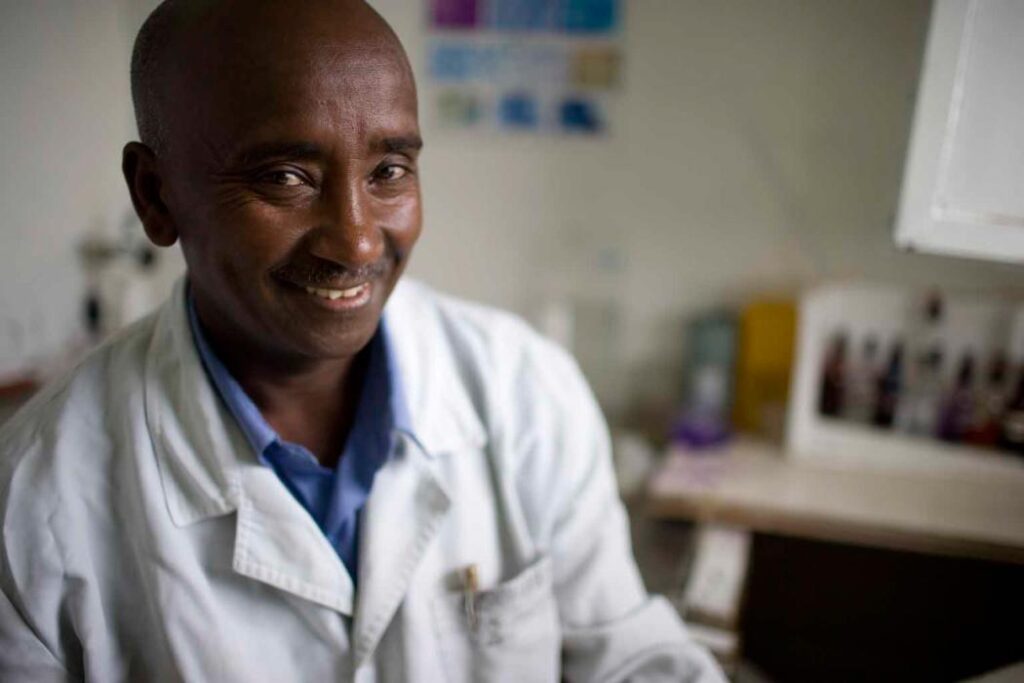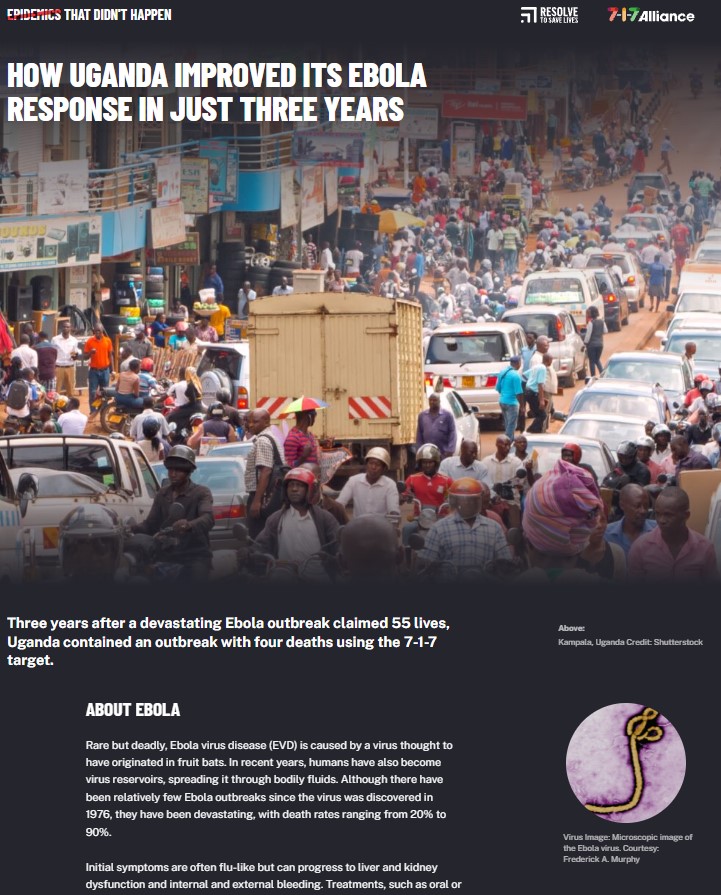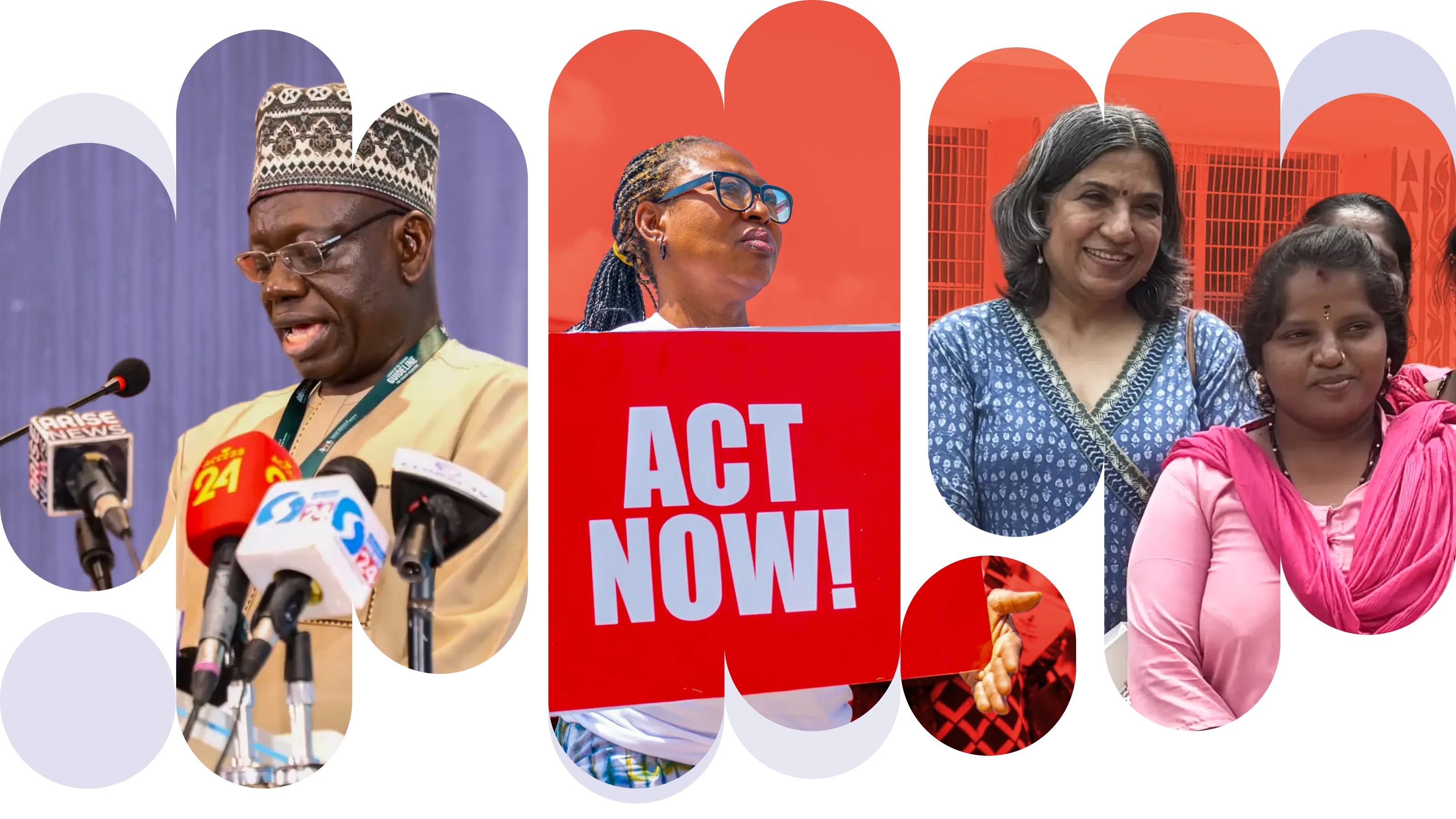The World Health Organization (WHO) recommends that every country establish its own government-funded infection prevention and control (IPC) program to keep frontline health workers, patients, and communities safe—but only around half of member states currently meet this recommendation. Ethiopia’s recent success in securing government funding for the country’s first-ever national budget for IPC represents a milestone for the country and global health security efforts.
Securing this dedicated budget line was not an overnight success. It resulted from two years of dedicated work by Ethiopia’s government ministries and the health advocacy community working in partnership with Resolve to Save Lives. This assured, sustained IPC funding—starting with 3.2 million Birr (about $58,000) in the first year—is a strategic investment by national decisionmakers that strengthens essential components of the country’s capacity to respond to future public health threats.
The long journey to a dedicated budget line
A first step in budget advocacy is to conduct a landscape analysis that documents the need for funding and identifies approaches for targeted advocacy campaigns. Often, countries assess their capacity to prevent, detect, and rapidly respond to public health risks through identification of critical gaps in preparedness and response through completion of a voluntary Joint External Evaluation, or JEE. Ethiopia’s first JEE, conducted in 2016, showed that the country was somewhat prepared in many areas but needed substantial work to fully meet its commitments to International Health Regulations (IHR) requirements.
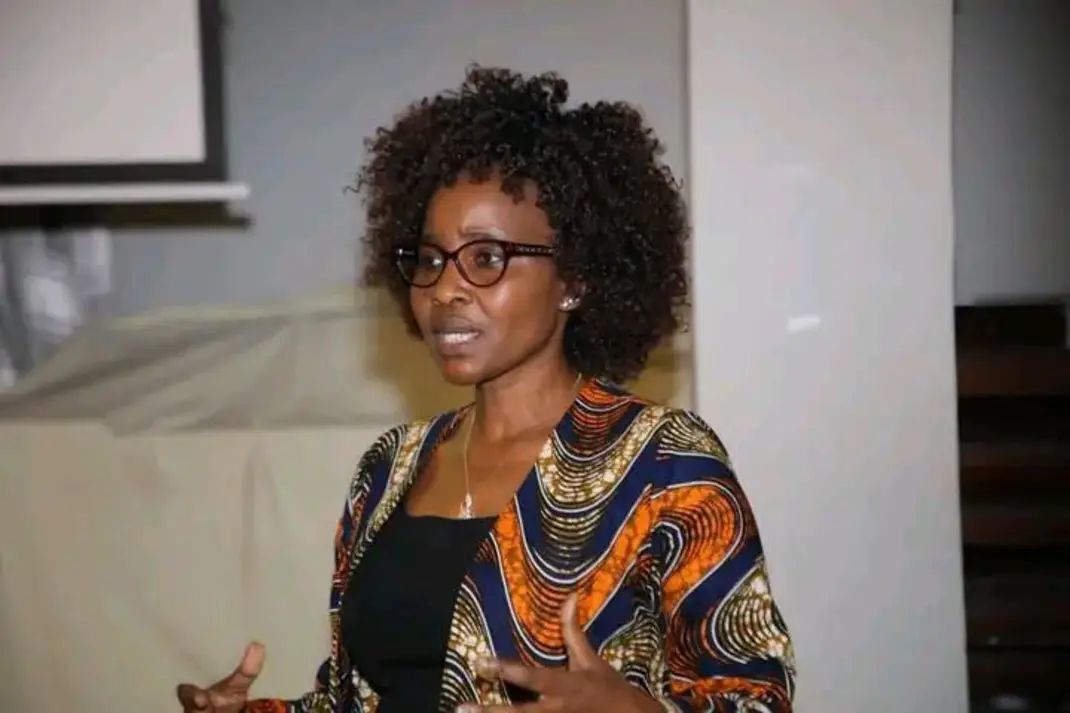
The WHO’s updating of the JEE to add a specific IPC category provided countries with even more impetus to strengthen their capacities in this important area. To assist Ethiopia in meeting the WHO recommendation for countries to secure dedicated IPC funding, Resolve to Save Lives adapted the Global Health Advocacy Incubator toolkit to outline policy objectives for national IPC budget allocation; present an analysis of Ethiopia’s legal, legislative, regulatory, and policy environments that could affect IPC programs and their funding; and identify key government decisionmakers as well as nongovernmental stakeholders and their roles in the process.
Instrumental to this process was gaining a deep understanding of the Ethiopia government’s budget cycle, which follows a three-year schedule. Although every country has its own timetable and process for developing its national budget, they all have a specified process involving budget proposals, ministry and legislative hearings and a series of committee and full legislative floor votes before budgets are approved and implemented. It is difficult to effectively advocate for budget allocations without an intimate knowledge of the relevant budget development processes, which in Ethiopia comprises four phases—budget preparation, approval, execution and control—running each year from November through July.
Combining the powers of several Ministries
In Ethiopia, as in many countries, the two main government agencies involved in IPC are the Ministries of Health and Finance, although others with overlapping portfolios, such as Water Sanitation and Hygiene (WASH) program implementation, are also involved. Each has its own priorities, and crafting understanding and consensus between them is crucial to moving forward with the budget process. While the Ministry of Finance sets budget guidelines and ceilings by sector, the Ministry of Health identifies funding requests for specific divisions and programs.
The planning department in most Ministries of Health plays a critical role in determining budget allocations within the health sector and negotiating with the Ministry of Finance during budget development. Ultimately, the Ministry of Finance compiles the final, consolidated budget for final approvals, so providing clear requests and documenting their justification to the Ministry of Finance is essential.
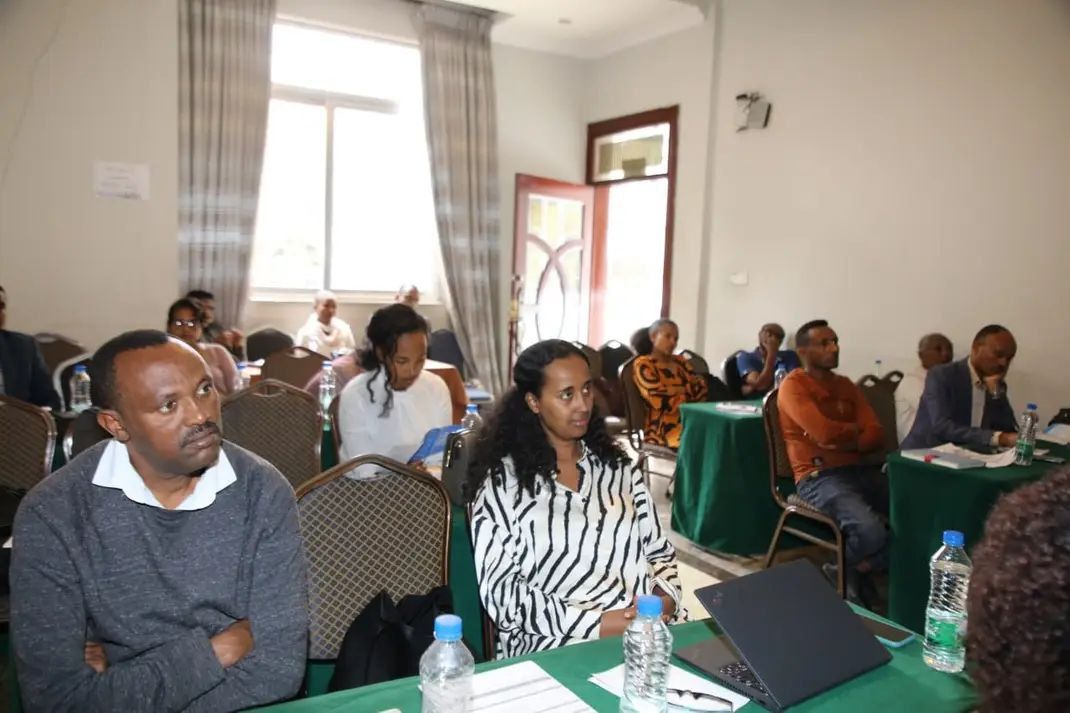
Another important step is to identify the individuals within each ministry who are able to push the agenda forward. While it is important to keep senior leaders informed and engaged, mid-career staff are often well-placed to champion projects and advise their senior colleagues. Representatives of nongovernmental stakeholder organizations can also play important roles in advocating for key programmatic and funding decisions. Because it can take time to identify these potential champions, a point person within the organization spearheading advocacy for the budget line must meet with a large number of individuals.
Budget decisions are made by people
In Ethiopia, Resolve to Save Lives’ embedded IPC specialist in the Ministry of Health spent months meeting with people to identify and engage potential program champions within key ministries, particularly within the Health System Innovation and Quality Lead Executive Office and Strategic Affairs Executive Office in the Ministry of Health. From that point, with access to the highest levels of ministry policy-setting and decision-making, it was possible to facilitate effective advocacy for the dedicated IPC budget line.
“Initiation at the lowest level and decision at the highest level are both critical to the success of this work,” said Molla Godif, an infection prevention and control specialist who was embedded at the Ministry of Health. “Budgets and budget decisions are ultimately about people and relationships, and these ongoing discussions allowed stakeholders to understand the importance of a national IPC budget—and eventually paved the way for its creation.”

Although the effort in Ethiopia was government-led, it was important to keep stakeholders outside of government apprised of the need for dedicated budget funding and the ongoing efforts to secure it. The team prepared policy briefs on a wide range of topics including health care-associated infections, how IPC programs can mitigate infection rates to reduce illness and death, why domestic financing is important, and how investing in IPC can save both money and lives. These provided critical talking points in negotiating with the Ministry of Finance and in gaining broader support for the IPC budget line.
Parliamentary approval and challenges ahead
Once the Ministries of Health and Finance are in agreement about establishing a dedicated budget line and the amount to be funded, in most countries it must be shepherded through the legislative process for final approval. In Ethiopia, both houses of the Federal Parliamentary Assembly must approve the enabling legislation, which is then formally certified by the country’s President. In this instance, the dedicated IPC budget line was ultimately approved as part of the overall Ethiopian national budget.
Even with this accomplishment, the work to fund IPC programs in Ethiopia is not complete. The initial budget allocation only covered about three percent of the documented need and was approved for only a three-year period. Although the 3.2 million Birr commitment was relatively small, the Ministry of Health will face challenges in fully utilizing the newly allocated budget due to alternative funding source preferences, operational planning delays, implementation challenges, and other issues. There is also a need for further advocacy to establish IPC programs at the subnational level, as every health facility must have effective IPC protocols in place to prevent HAIs and protect health care workers, patients, and the community.
Although Ethiopia’s specific governmental context may not be directly applicable to other countries, IPC program advocates can adapt these strategies to secure dedicated national budget funding in their own countries. Health advocates can apply these concepts more generally for other types of programs, as well. The key is understanding the intricacies of the budget process and political economy of IPC funding decisions, as well as conducting targeted budget advocacy campaigns. Resolve to Save Lives will continue working with Ethiopian and other worldwide partners to fight for greater investment in IPC.
